Students and campus organizations have concerns about the impact the Texas State immigration protocols have created for the Latino community.
Following President Donald Trump’s executive orders on immigration and the Department of Homeland Security’s (DHS) directive granting Immigration and Customs Enforcement (ICE) authority to raid schools, churches, hospitals and “sensitive areas,” Texas State reminded faculty and staff of protocols concerning encounters with federal or state agents on campus on Feb. 7.
The email outlines procedures for protecting the privacy rights of students and employees while complying with executive orders. The policy allows federal or state agents to enter campus premises as long as the proper protocols are followed.
Some Texas State students are concerned about safety and security, with many questioning their sense of belonging on campus.
President of Latinas Unidas (LU) Michelle Arellano issued a Feb. 6 statement on Instagram expressing strong support for the Latino community in response to the executive orders on immigration.
“LU is dedicated to creating a safe and supportive space for Latinx students and empowering them through education, activism and community-building,” Arellano wrote. “Our mission is to foster a sense of unity, pride and cultural awareness while advocating for the rights of all individuals regardless of immigration status.”
Adriana Lopez, criminal justice junior and member of LU, said as a Hispanic-serving institution, Texas State should uphold those values to protect students, the Hispanic culture and the community’s growth.
According to the Data, Analytics, & Institutional Research at Texas State, Hispanic students are the leading student demographic, making up 40% of the population as of spring 2025.
“I love seeing all the inclusion… but after this new policy came out, I feel like it’s kind of contradicting,” Lopez said. “However, I have faith in the Constitution, the supreme law of the land… So, I still feel safe within my rights.”
However, some students support the policy. Austin Quintana, president of the College Republicans, said it ensures that officials take the lead on immigration matters, allowing law enforcement to handle the situation rather than involving faculty.
“With the new university policy it seems beneficial to staff, students and law enforcement pertaining to this subject of immigration,” Quintana wrote in a statement to The Star. “In these cases, it’s best directed that UPD and other law enforcement figure out any matters about immigration rather than involving faculty. It brings about safer standards across campus and allows law enforcement to do their job.”
Camila Mendoza, marketing junior and member of the Hispanic Organization for Leadership and Advancement and the Hispanic Business Student Association said the protocols created fear within the community: fear of speaking out, fear of being penalized by the university and fear of being cast out.
“The fear of feeling like people are trying to push us out in certain ways, but I will never let somebody tell me that I don’t belong. This is who I am,” Mendoza said. “I’m a Texan, I’m an American, I’m a Mexican American. It’s my pride and joy to be able to say that I’m Mexican American. I love my culture.”
Lopez also takes pride in her culture and said LU helped her face challenges, build relationships and empower the Latino community.
“It has just been a little more heartbreaking, mentally harder to know that our people are being targeted, and there’s not much we can do except support each other,” Lopez said. “But I think [LU has] been uplifting each other… we always share resources about ICE or share the Red Card, we know what to do when ICE is at your door…we are supporting each other and giving each other resources.”
Mendoza expressed concern that university policies, particularly those tied to state and federal immigration orders, could drive students away, especially within the Latino community.
“I want people to still be able to come get their education. The thing is we need to educate ourselves first,” Mendoza said. “Our administration doesn’t fully support us, but our people do. So as long as we know who we are, we know what we can do… I hope that people stand up to this.”
The American Civil Liberties Union and League of United Latin American Citizens offer resources to protect and support immigrants’ rights



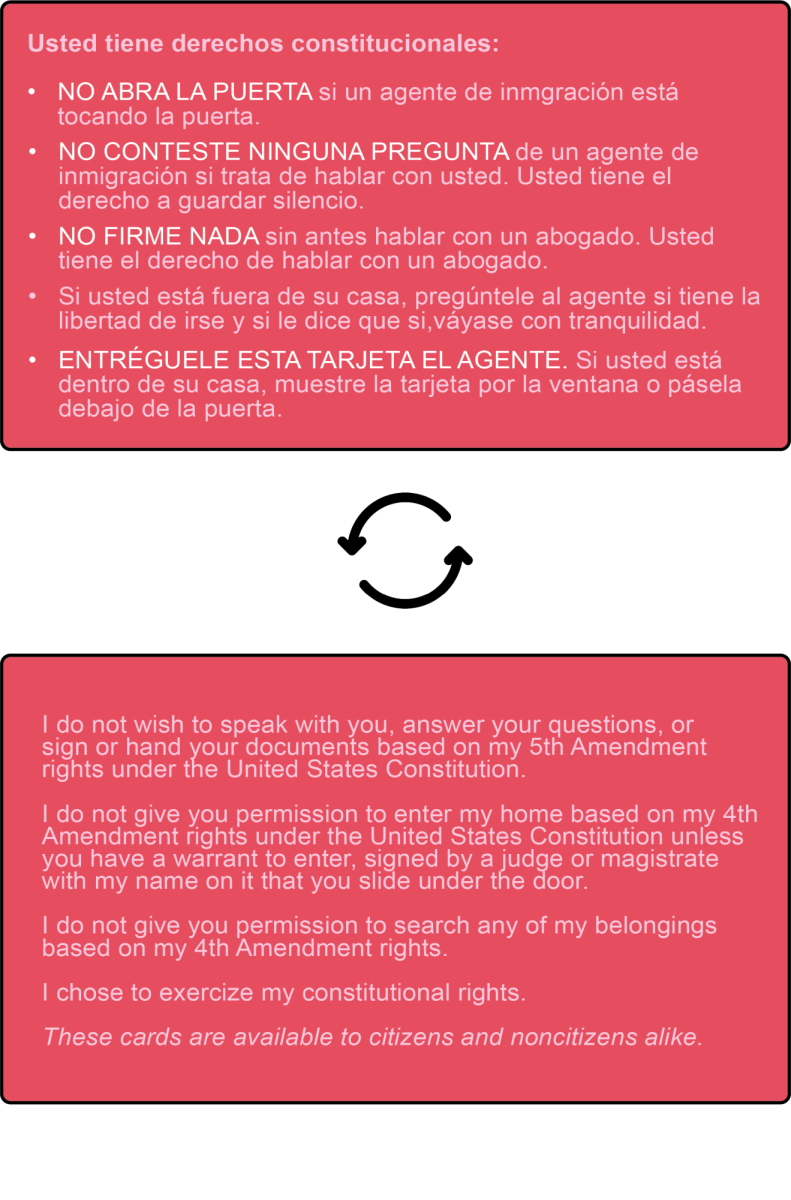


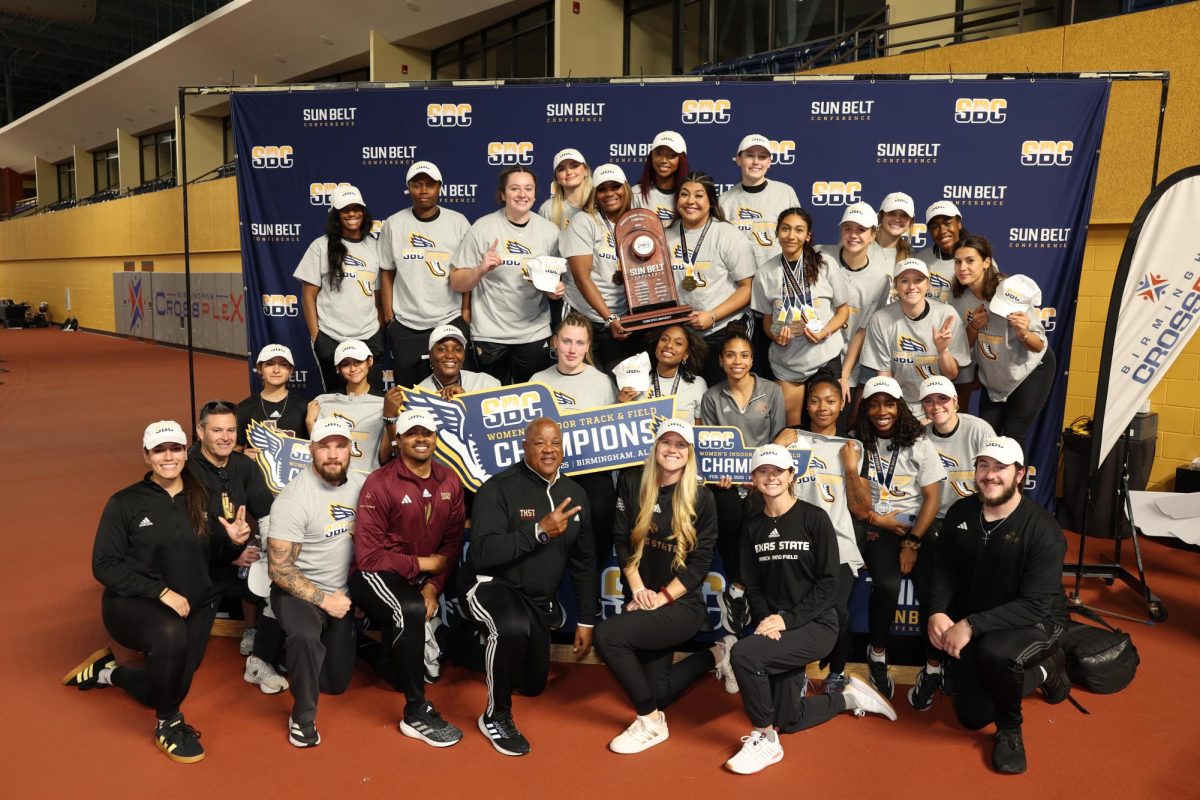





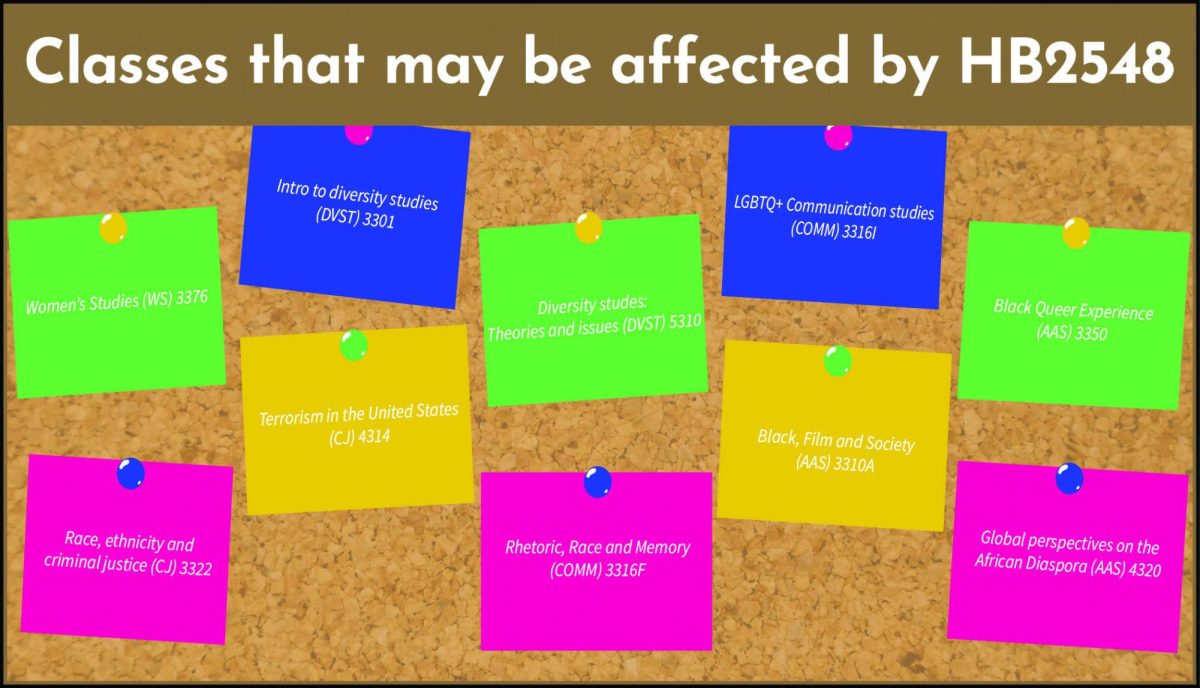


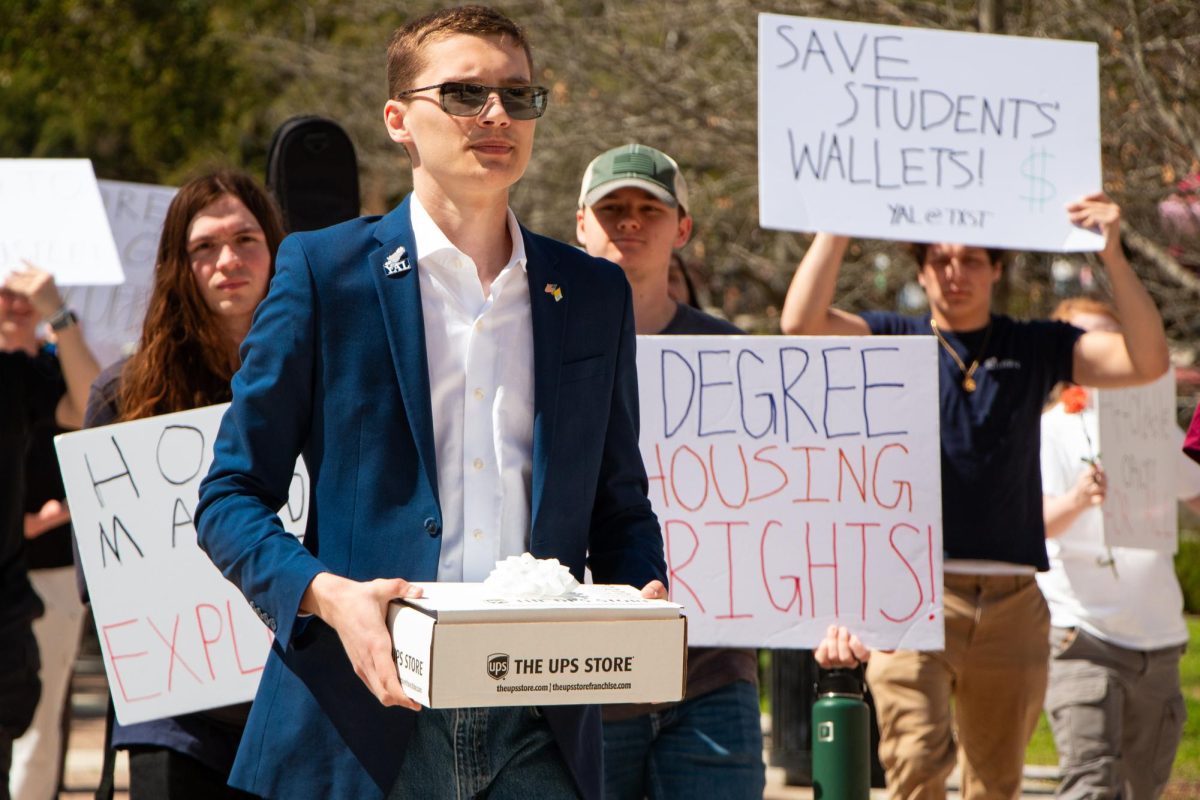
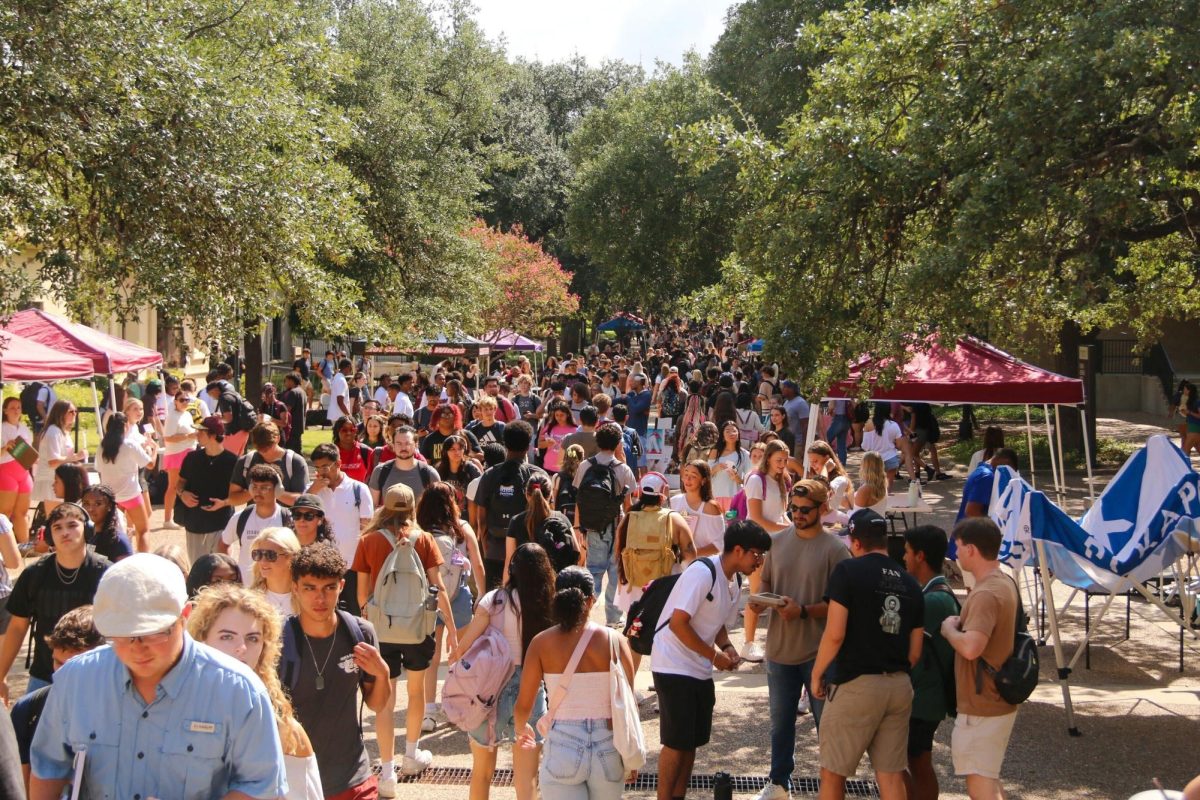
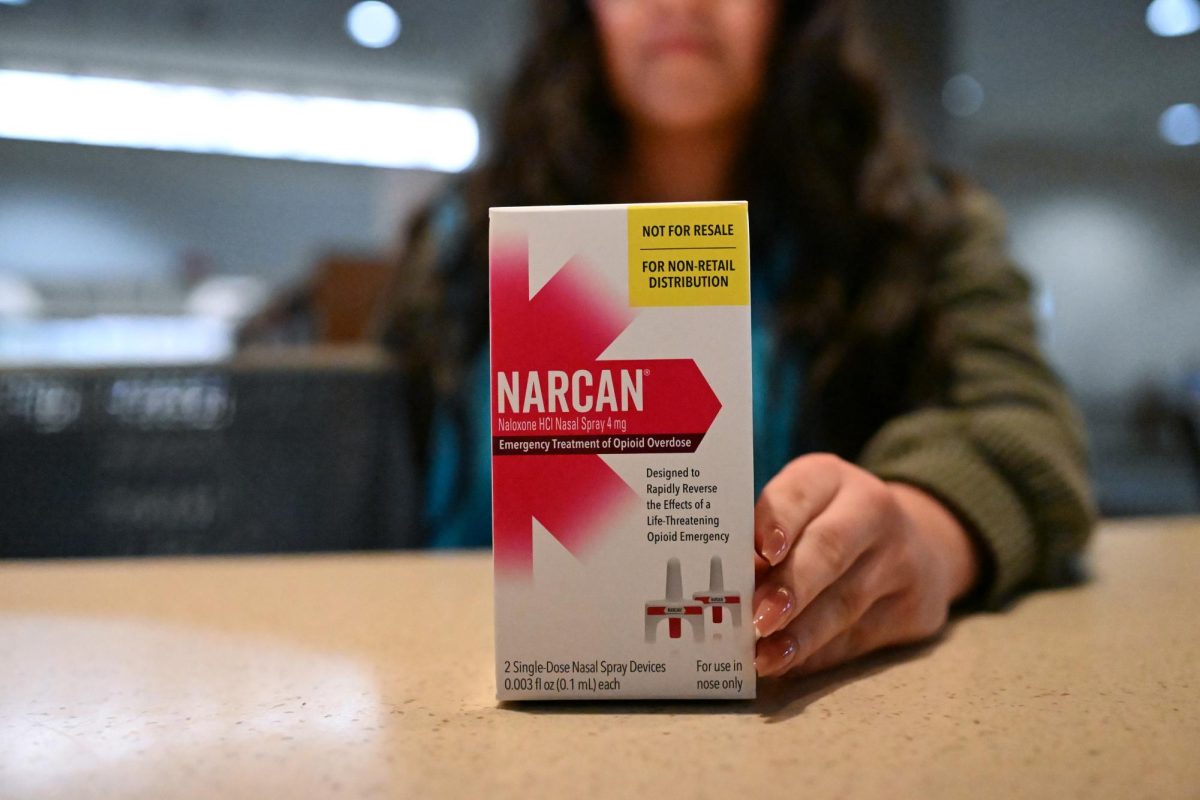
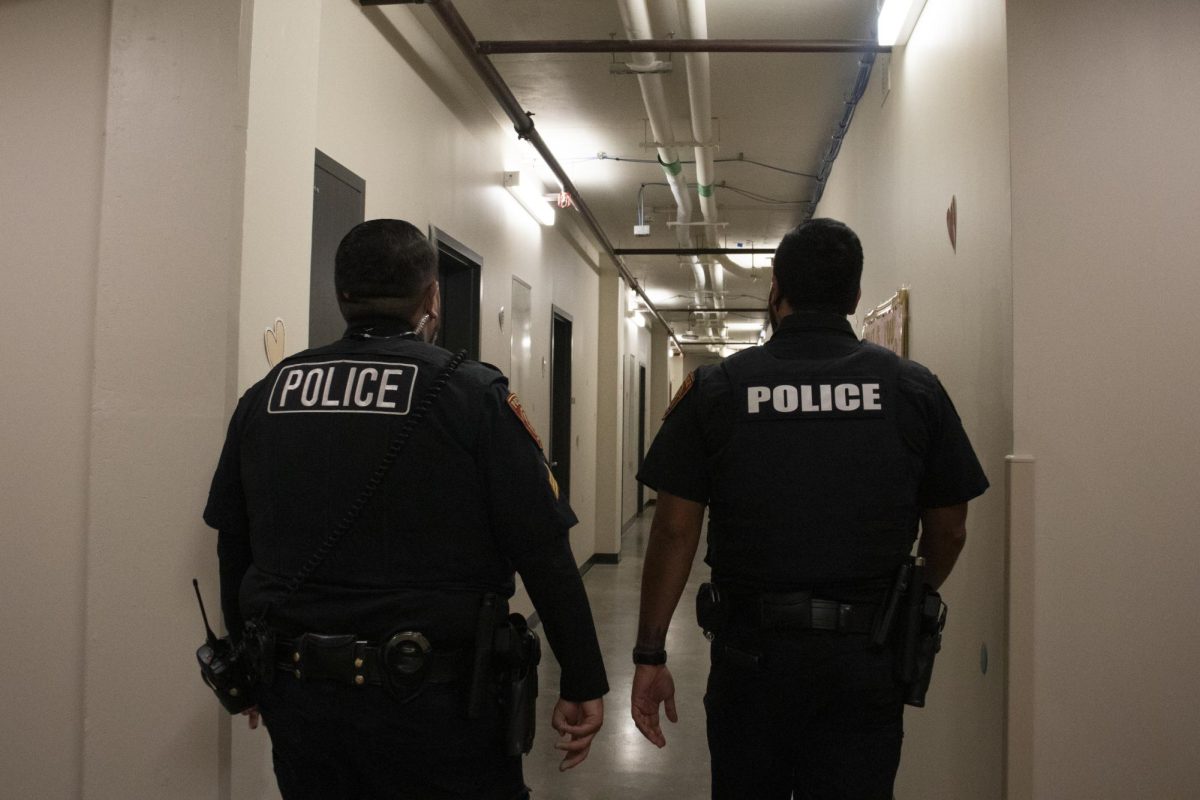
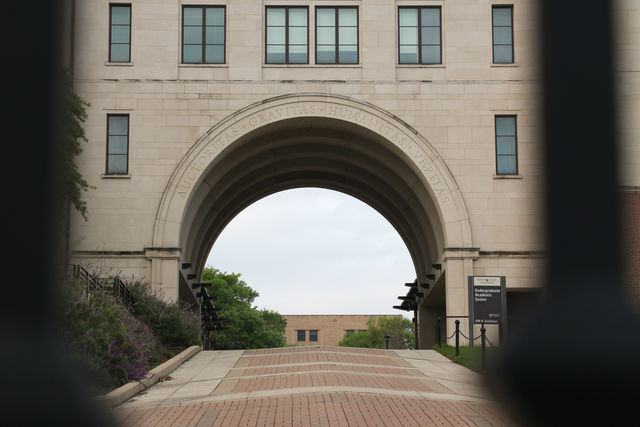
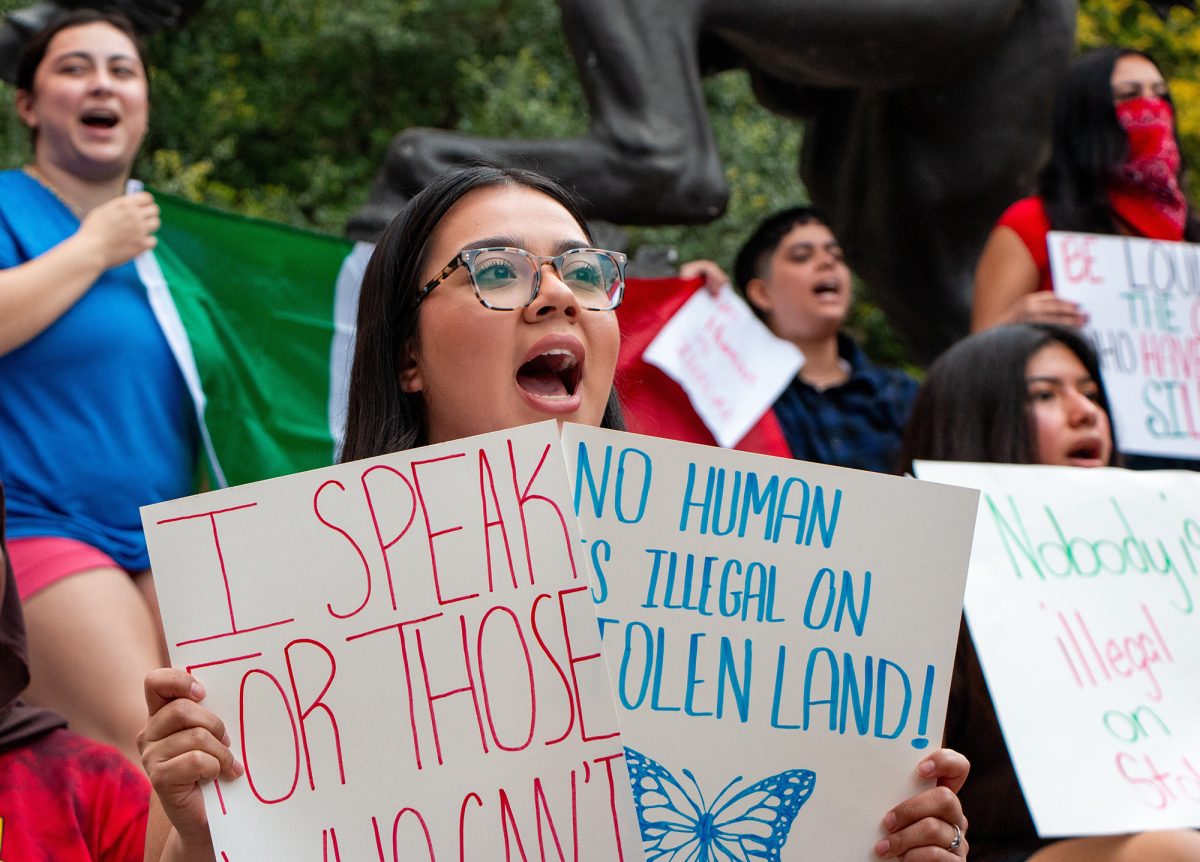
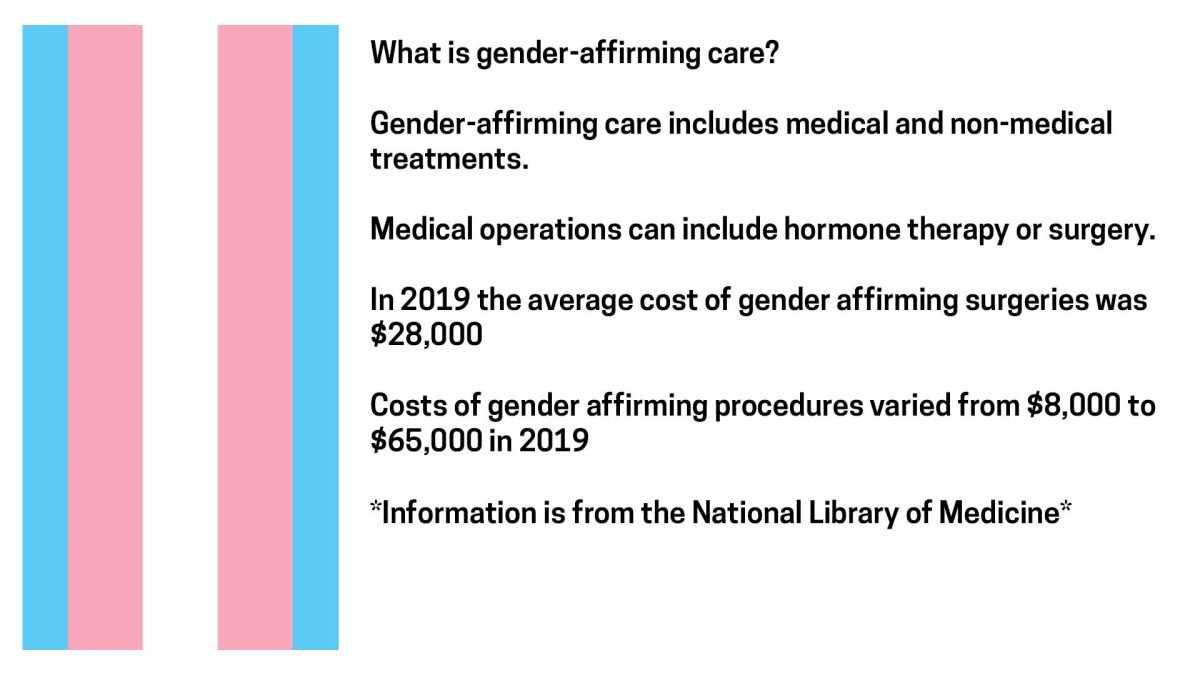
Christopher "Chrispy" L Polanco • Feb 25, 2025 at 8:23 pm
I am a nontraditional student here at Texas State. I am in my second semester of my freshman year at 40 years of age majoring in communication studies.
I have always identified as Latino, but I am actually only half. My father is an naturalized immigrant from Mexico. Also, a combination of being born in Indianapolis, IN, raised by a single white mother, & not having seen much sunlight since receiving my first Nintendo Entertainment System in the sixth grade has granted me a great deal of privilege.
I won’t pretend to understand all of the ins & outs of Trumps EO or what effect the school’s policy has on students, so I say this knowing I may be ignorant of some facts. I don’t know what choice the school really has in this matter.
That out of the way, I have always wished I had grown up with some contact with my father’s side of the family. I wish I knew more about & had experience with the culture. I empathize with the community. None of this effects me directly, but I do have family here in the States that could be caught up in this mess.
I am also aware that ia large number of natural born citizens do erroniously deported because they get booted before they have a chance to prove their citizenship.
I am just an old broke dude hoping to suvive this college thing at an advanced age, so there’s not a lot I can do. But I offer anything I can provide to those that need it.